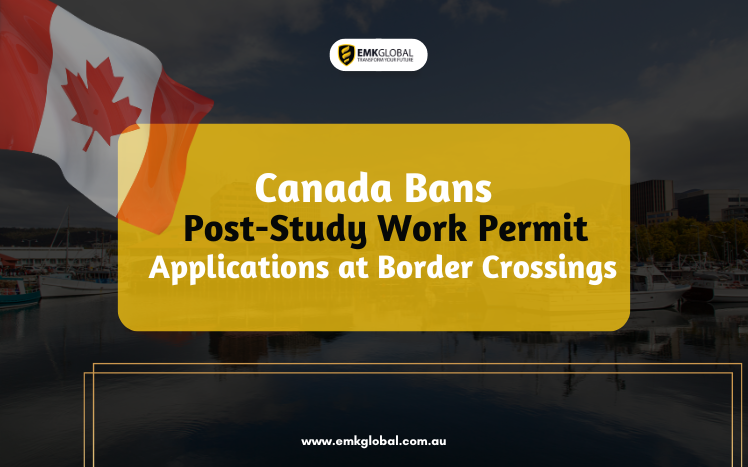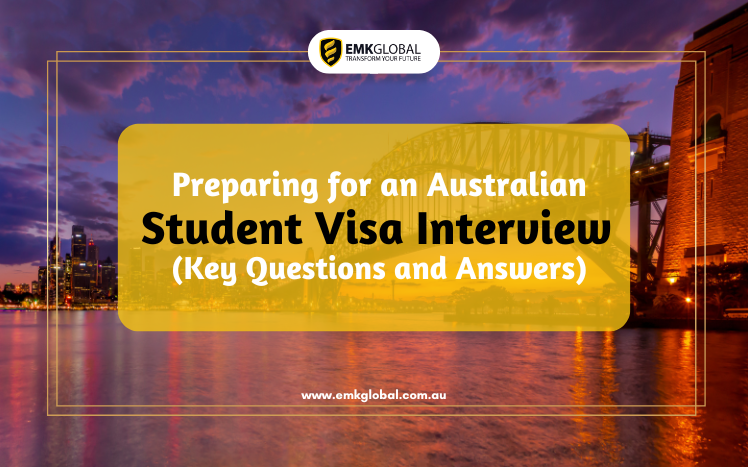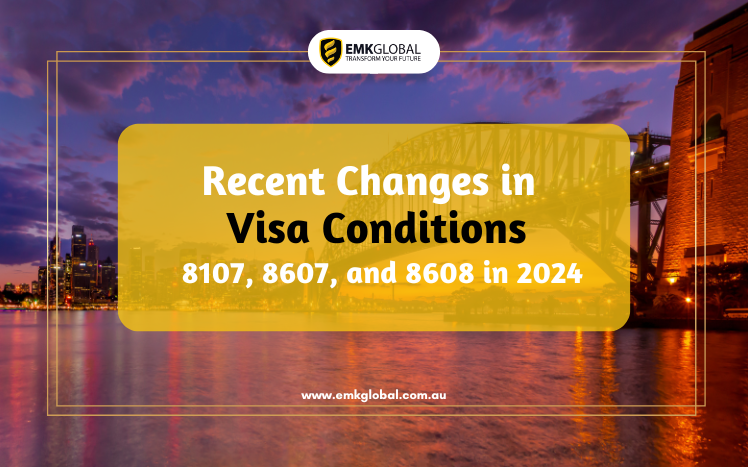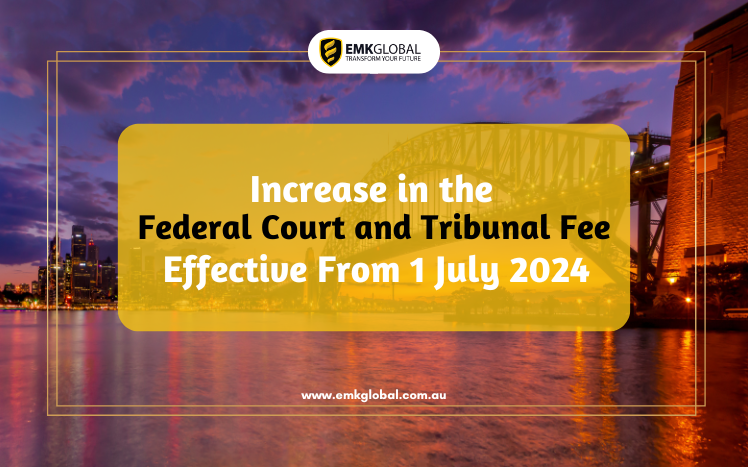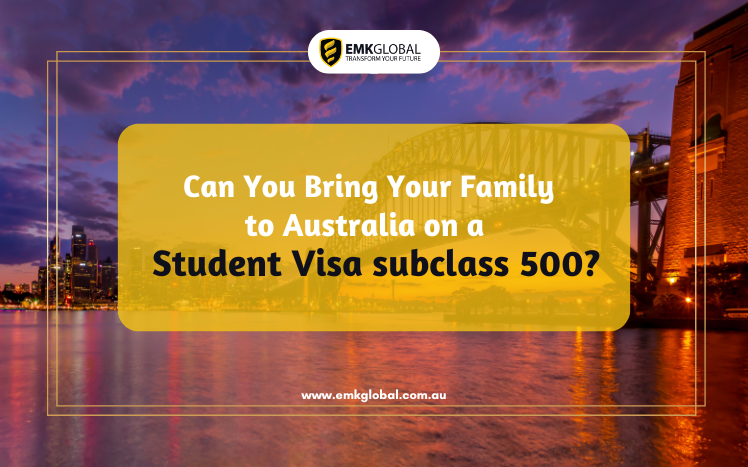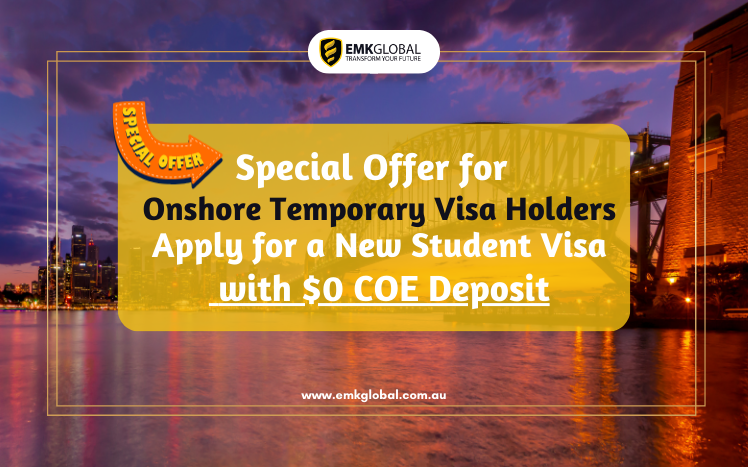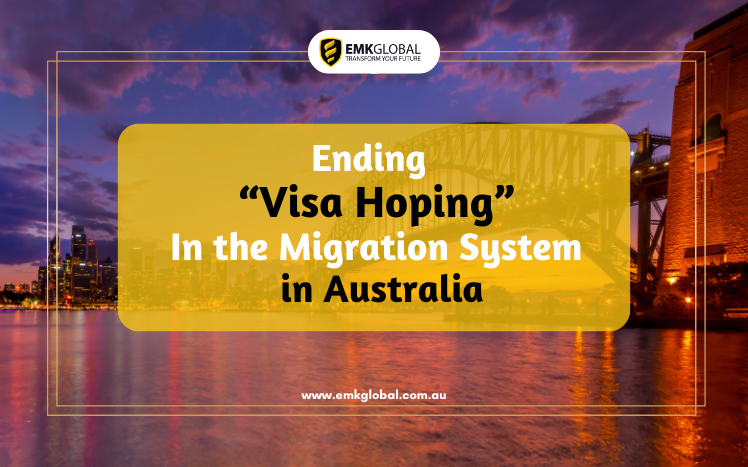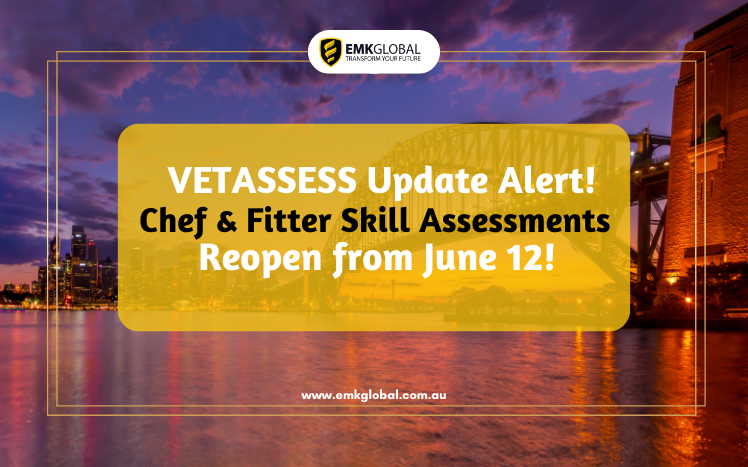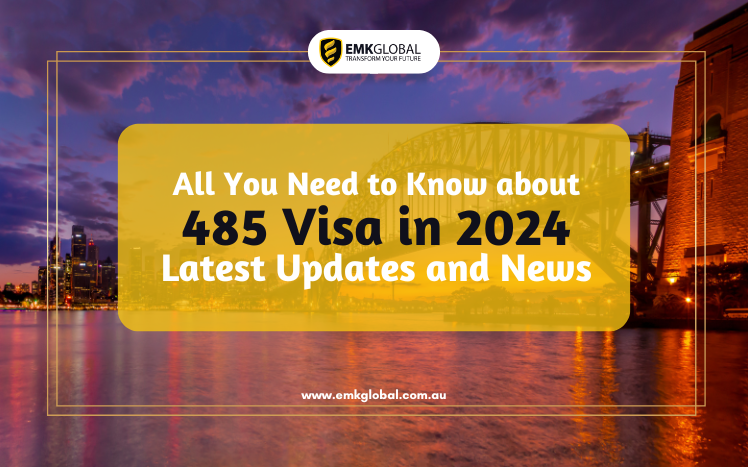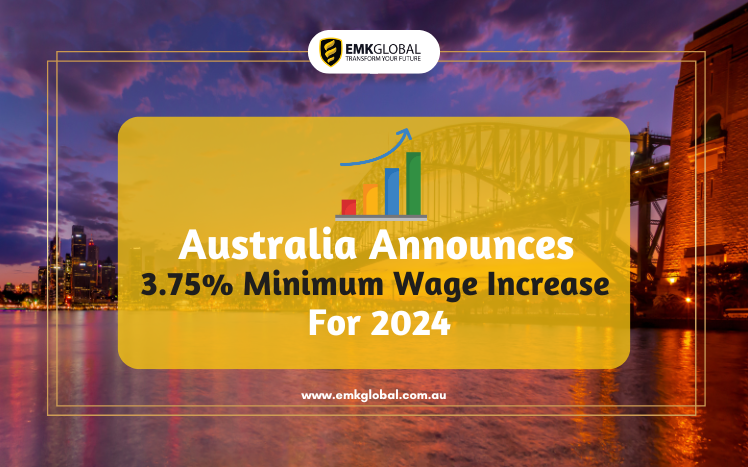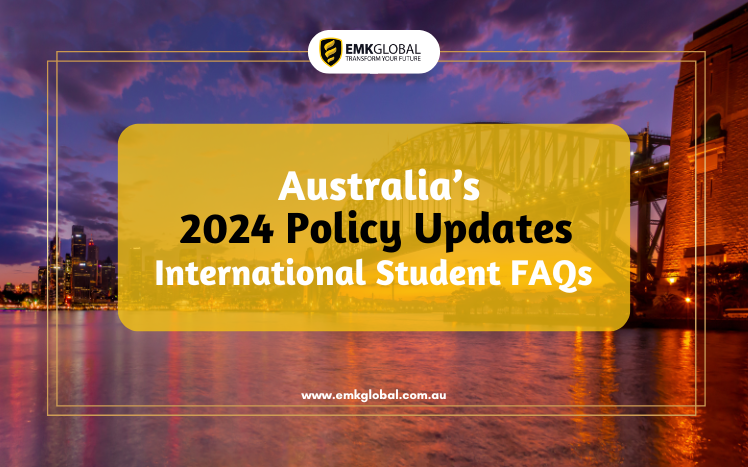Introduction
The Australian Government has introduced new amendments to the Migration Regulations 1994, impacting onshore student visa applications. The latest amendment, Migration (Specification of Categories of Visas that Preclude a Person from Lodging a Student Visa Application in Australia) Amendment Instrument (LIN 24/051) 2024, specifies additional categories of substantive temporary visas that prevent individuals from applying for a Student (Subclass 500) visa or a Student Guardian (Subclass 590) visa while in Australia. These changes take effect from July 1, 2024.
Overview of the Amendment
Under Item 1222(5)(c) of Schedule 1, LIN 24/051 amends the earlier IMMI 16/016 by adding six new visa subclasses to the list of those ineligible to apply for onshore student visas. This amendment aims to regulate the visa hopping phenomenon and ensure that the integrity of Australia’s visa system is maintained.
Impacted Visa Subclasses
The following six substantive temporary visa subclasses have been added to the list of those ineligible for onshore student visa applications:
- Temporary Graduate (Subclass 485)
- Electronic Travel Authority (Subclass 601)
- Medical Treatment (Subclass 602)
- eVisitor (Subclass 651)
- Maritime Crew (Subclass 988)
- Visitor (Subclass 600) – This includes the entire subclass, expanding the restriction from the previously specified Sponsored Family and Approved Destination Status streams.
Key Changes and Implications
- Temporary Graduate (Subclass 485) Visa Holders: Individuals on a Temporary Graduate visa will no longer be able to transition directly to a student visa while in Australia. They must now leave the country to apply for a new student visa.
- Visitor Visa (Subclass 600) Holders: Previously, only the Sponsored Family and Approved Destination Status streams were restricted. Now, the entire subclass is included, meaning no visitor visa holders can apply for a student visa while in Australia.
Rationale Behind the Amendment
The amendments aim to curb the practice of visa hopping, where individuals exploit temporary visas to remain in Australia for extended periods by sequentially applying for different visas. This move is intended to strengthen the integrity of the Australian visa system and ensure that it serves its intended purpose.
Conclusion
The LIN 24/051 amendment introduces significant changes for those planning to apply for student visas while onshore in Australia. By including additional temporary visa subclasses in the list of those precluded from onshore applications, the Australian Government seeks to enhance the regulation of its visa system. Prospective students and guardians must now be more strategic in their visa planning and may need to make applications from outside Australia.
Key Dates
- Commencement Date: July 1, 2024
For further information, individuals are encouraged to consult the full text of the LIN 24/051 amendment and seek professional advice if needed.
This new amendment highlights the importance of understanding and adhering to visa regulations when planning to study in Australia. Ensuring compliance will help maintain the integrity of the Australian immigration system and provide a fair process for all applicants.



